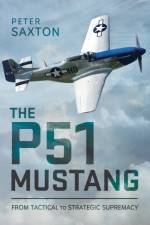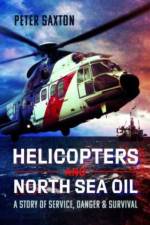av Peter Saxton
291
A remarkable read, detailed, hour-to-hour and 'immediate' account of action, a personal but modest story, and the author and shipmates of all ranks come to life. There are excellent accounts of training, action-stations, gunnery, tactics ad strategy, officer- and ratings- relationships, and leadership, and all told in objective and authentic, and readable language. This is no 'gung-ho' account but sober and serious history with full grasp of tactics and strategy. It shows how capital ships - battleships, battle-cruisers, heavy cruisers - are vulnerable to U-Boat and E-Boat attack while 'little ships', destroyers, light cruisers and frigates, are at sea constantly and protecting convoys. The account is from personal experience of service on the strategic position of England's East Coast and North Sea, with fear of German naval power, E-Boats and U-Boats, and the value early radar. There are graphic accounts of sea conditions, moving picture of a merchant captain and loss of ship, plus vital importance of mine-sweeping. Readers might be shocked by German battleships in the English Channel and quotes from German sources. There is a powerful account of the naval role at 'action-stations' of the Allies-Axis war-effort and encounters with top commanders, naval and military, and Mediterranean campaign of Admiral Cunningham - and invasion of Sicily and Italy, and Normandy D-Day preparation.




